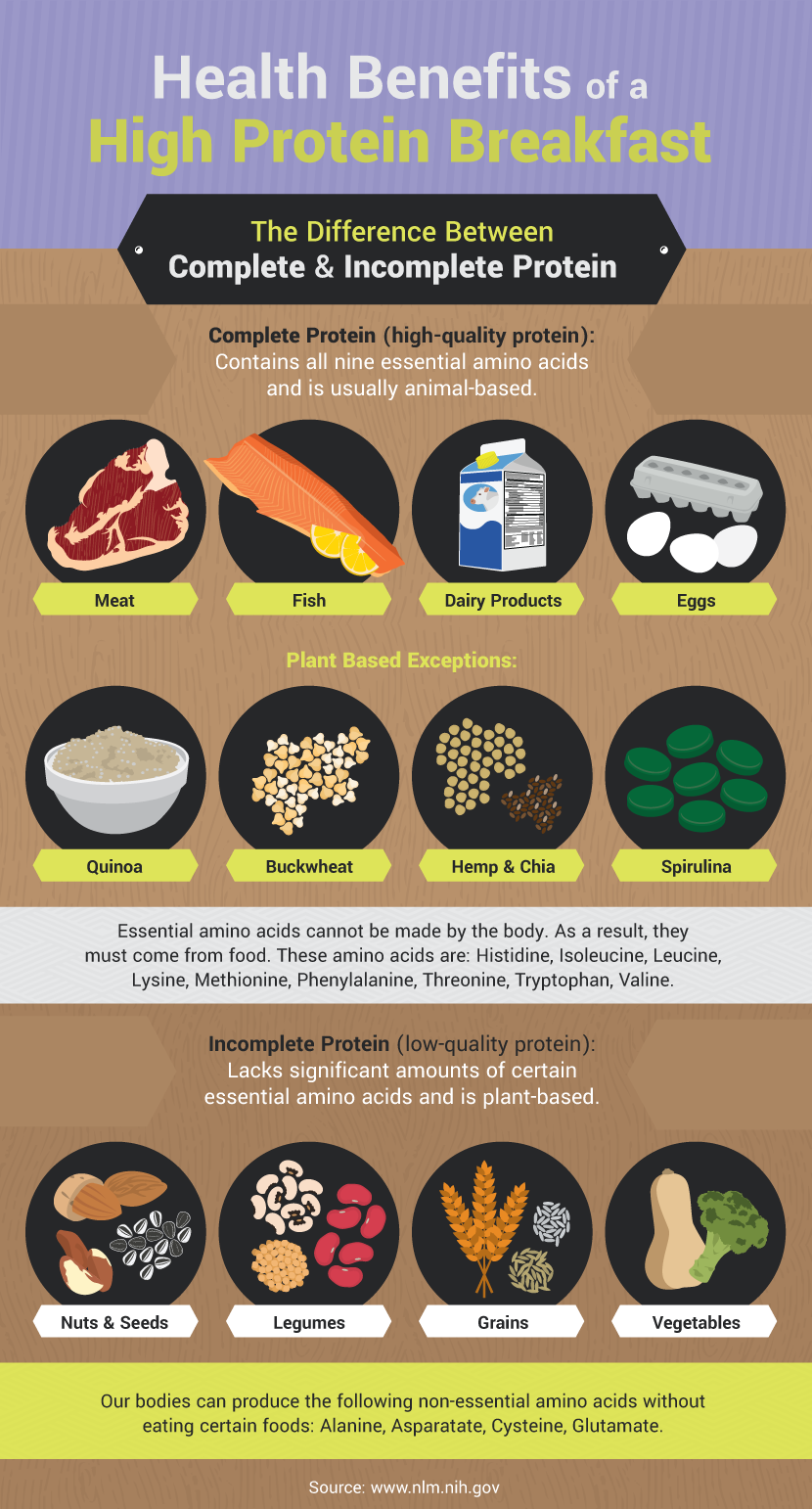
If you are looking for ways to overcome bad habits, this is the place for you. To reprogramme your brain, there are three simple strategies that you can use. Once you identify the triggers of your bad habit, positive rewards can be identified that are more rewarding than the one you get for engaging in it. Finally, you will learn how to form a new habit. What are these steps?
Identify your triggers
Identifying your triggers to change sex is essential to kicking bad habits once and for all. It can be hard to change bad habits as they can be triggered in many different ways. There are many triggers that can cause bad habits, such as reward, time, and socializing. These triggers can be avoided and made less likely by identifying them.

The first step to changing your habits is awareness. When you are aware of why you do what you do, you can take the necessary steps to change it. If you find yourself eating lots of junk food during exam times, you can try to avoid those situations or take a more relaxing approach. You might also want to change bad habits for better ones. If you are an alcoholic, you might consider identifying what your stress triggers are.
Mindfulness practice
The first step to changing a bad habit is awareness. While some bad behaviors are easy to notice, others require practice. It is vital to identify the causes and triggers of these behaviors. Once you have identified these habits, it is important to practice mindfulness by writing them down. Once you are able to understand these factors, it is possible to use them in order for you to change your habits.
Mindfulness can help you break habits. When you are aware of your triggers, it is possible to choose which behavior you would like to replace the habit. Next, observe how you feel when you do the behavior. If the behavior makes you feel happier, it's a success. If you still struggle to change a bad habit, you can try mindfulness meditation every time you encounter a stressful situation.
Identifying rewards that are better than the reward you get from your bad habit
You can identify the trigger that makes you want to drink Diet Mountain Dew daily and seek a better reward. A better reward than Diet Mountain Dew is an apple if you are unable to quit. If this doesn't work, you can try other types of beverages. Rewarding yourself with something can help you get rid of bad habits and achieve the desired outcome.

It can be hard to identify your bad habits. However, these tips will help you get rid of them forever. Any bad habit that holds you back or causes guilt will be broken. You can start by writing down the first three thoughts that you have while at work. These thoughts may be random or emotional or reflect how you feel.
Develop a new habit
You need to work hard and persevere in order to create a new habit. Experts say there is no quick way to make positive changes. However, consistent practice and dedication can bring about positive change. To bring about lasting change, the first step is to create a routine. Habits can be described as a set of repeating behaviors that are executed without conscious thought. A routine is key to making a new habit last.
Next, identify the reward and cue that will motivate you to develop a new habit. For example, the cue was changed to include finding a friend in work. While the reward and cue remained the same the routine was modified. Once you have identified the cues as well as the rewards, you can change the associated behavior.
FAQ
What Amount Of Exercise Is Needed For Weight Loss?
The amount of exercise needed for weight loss depends on several factors, including age, gender, body type, and how much you weigh. However, generally speaking, most people need at least 30 minutes of moderate physical activity five days per week.
The American College of Sports Medicine recommends that you do 150 minutes of moderate intensity aerobic activity per week. This should be spread over three days.
If you are trying to lose 10 pounds, 300 minutes of moderate intensity exercise per week is a good goal. This includes activities such swimming laps (brisk walking), biking, dancing and playing tennis.
For those just starting out, you might consider 20 minutes of vigorous activity every other week. It could be sprinting, lifting weights, jumping rope or fast walking.
Aerobic exercise helps to build muscle mass and burn calories. Muscle burns a lot more calories than fat. So building muscle can help you lose weight faster.
Are there any side effects of intermittent fasting?
Intermittent fasting does not have any known side effects. If you don't plan well, you may experience minor issues.
If you skip breakfast, your day might be interrupted by irritability. Also, you might experience dizziness, headaches, fatigue, muscle cramps, and dizziness.
These symptoms usually resolve within a few weeks.
Is there any difference between intermittent fasting and calorie restriction?
Calorie restriction can be defined as eating less than your body needs. Intermittent fasting, on the other hand, doesn't restrict calories. Instead, the emphasis is on eating fewer calories each day.
Intermittent Fasting is more efficient because you can enjoy the foods you love without feeling guilty.
Both methods have their advantages and disadvantages. Decide which one you prefer.
How often do people fast every day?
The majority of people who follow the ketogenic diet fast only once a week. However, there are some who fast twice per week. Some others fast three days per week.
Every fast is different. Some people fast 24 hours, while others fast 48 hours.
Some people may even stay awake for 72 hours. However, these extreme cases are rare.
What length of Intermittent Fasting should I be doing to lose weight?
The answer is not as simple as you might think. It is important to take into account a number of factors when deciding the optimal days for fat loss. These are:
-
Your age. Intermittent fasting can be difficult for young people (under 40). This is because they have less time to recover after each fast. On the other hand, if you're older (over 60), you may find that you don't have enough energy to sustain an extended period of daily fasting.
-
Your current body composition. Your current body composition. If you have a lot more muscle mass than you need, then you will likely be more successful with longer fasting periods. Shorter fasting might be more appropriate for you if you have less muscle mass.
-
How physically active are you. Regular exercise may mean that your fasting window needs to be extended to allow you to get sufficient rest between sessions.
-
Your health history. Additional fasting monitoring may be required for certain medical conditions such as diabetes or heart disease.
-
How do you handle stress? Stressful situations can make us eat more. You might need to lengthen your fasting windows in order not to have this problem.
-
Your diet. Certain diets, like ketogenic diets, may require even longer fasting periods.
-
Your sleep quality. The quality of your sleep is also a factor in increased appetite and decreased metabolism. It might take some time to find what works best for your needs.
-
Your daily intake of protein. A higher intake of protein may result in lower blood sugar levels. This will allow you to fast longer.
-
Individuals who are trying lose or gain weight will require longer fasting times than those who are trying.
-
What percent of your daily calories are you consuming during your fasting time? You might lose more fat if your daily calories are lower than those you consume.
-
Your overall fitness. People who are fit and fast burn more calories per day.
-
Your gender. Women tend to have a greater appetite than men, so they might need to fast for longer periods. Women tend to have smaller appetites so they might only need to fast for 20-30 minutes each morning.
-
Your lifestyle. Are you someone who gets plenty of physical activity? Do you do a lot of exercise each week? Do you have a job that requires you to sit at a desk all the time? These factors could affect how much you should fast.
-
How much do you spend per month on food? Not all healthy food means you need to spend a lot more on groceries. Whole grains can be substituted for white bread, whole fruits can be purchased instead of candy bars and lean meats over fatty cuts.
-
You need to be able to control your hunger. If you don't want to skip meals, you might not need to fast as long as other people do.
Statistics
- It's estimated that half of all American adults attempt to lose weight every year (1Trusted (healthline.com)
- Another study found that 24 weeks of weight training led to a 9% increase in metabolic rate among men, which equated to burning approximately 140 more calories per day. (healthline.com)
- One study in 9 active men found that HIIT burned 25–30% more calories per minute than other types of exercises, including weight training, cycling, and running on a treadmill (18Trusted Source (healthline.com)
- One 6-month study showed that simply doing 11 minutes of strength-based exercises 3 times per week resulted in a 7.4% increase in metabolic rate, on average. (healthline.com)
External Links
How To
How to exercise for weight loss
One of the best ways you can lose weight is to exercise. Many people do not know how they should exercise. Cardio exercises like running, cycling and swimming should be combined with strength training exercises like pulling ups, pushups and squats. Combine these two types together to lose weight. Begin exercising by finding friends to help you. You can exercise at a gym or simply walk around the block. Whatever type of activity you choose, make sure that you stick with it consistently. It's easy to get off-track when you first begin working out. If things don't go your way, don't lose heart. Just keep going!